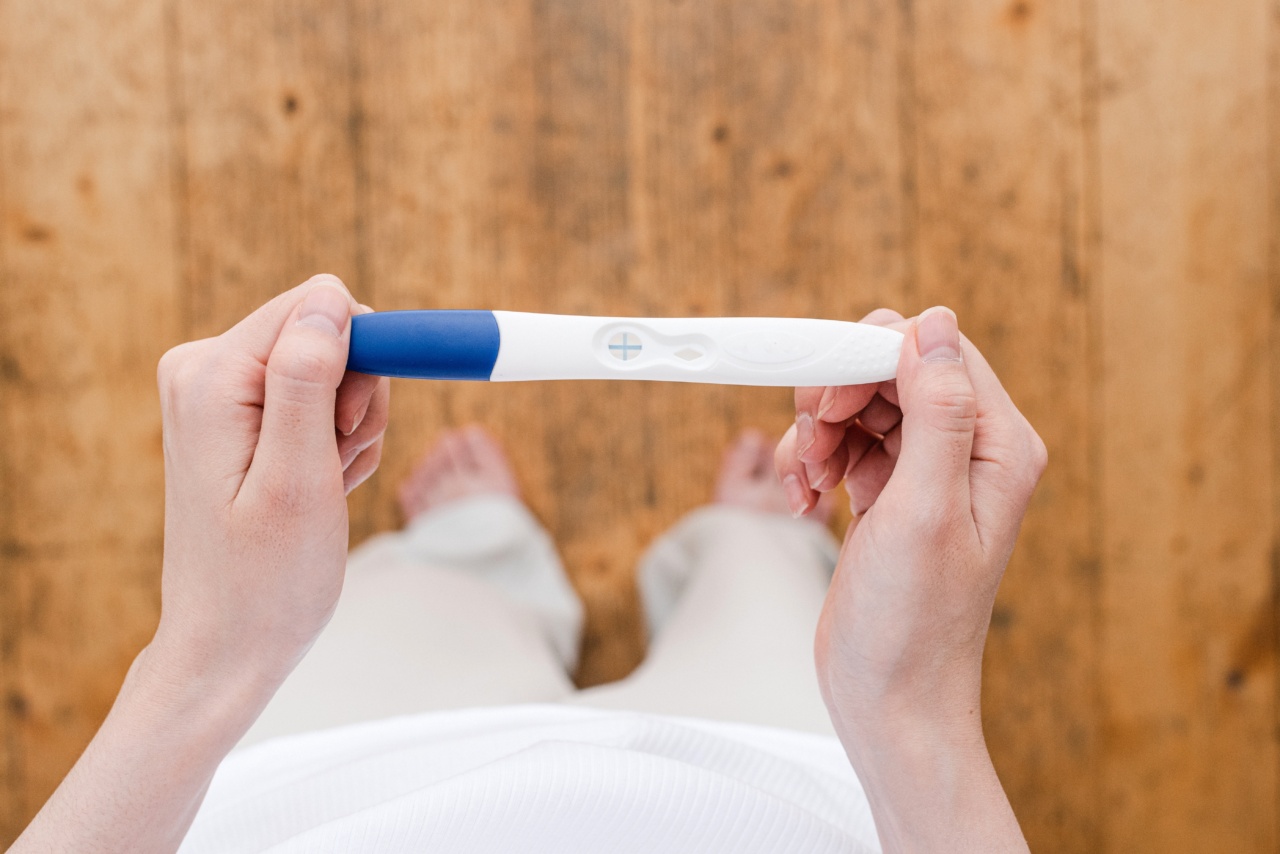The third trimester of pregnancy is a crucial period for both the expectant mother and the developing baby.
As the due date approaches, it becomes vital for pregnant women to undergo specific tests to ensure the health and well-being of themselves and their unborn child. These tests help in the early detection and prevention of potential complications that may arise during this stage of pregnancy.
1. Fetal Growth Assessment
Monitoring the growth and development of the baby is one of the primary objectives of tests during the third trimester. There are several methods used to evaluate the baby’s growth, such as:.
- Ultrasound scans: These scans provide detailed images of the baby, allowing doctors to measure and assess its size, weight, and overall development.
- Fundal height measurement: This involves measuring the distance from the top of the uterus to the pubic bone. It helps determine if the baby’s growth is on track.
- Doppler ultrasound: This test assesses blood flow to the baby and placenta, ensuring adequate oxygen and nutrient supply.
2. Group B Streptococcus (GBS) Screening
GBS is a type of bacteria that can cause infection in newborns. Screening for GBS involves taking a swab from the vagina and rectum to detect the presence of this bacterium.
If GBS is identified, antibiotics can be administered during labor to prevent transmission to the baby.
3. Gestational Diabetes Screening
Gestational diabetes affects pregnant women who develop high blood sugar levels. Screening for this condition typically involves a glucose challenge test (GCT) followed by a glucose tolerance test (GTT) if the GCT results are positive.
Timely identification and management of gestational diabetes are crucial to prevent complications for the mother and the baby.
4. Grouped Antenatal Care (GAC)
In some healthcare settings, pregnant women are offered grouped antenatal care.
This approach involves attending group sessions along with other expectant mothers, where they receive education and support related to pregnancy, childbirth, and newborn care. GAC has been shown to improve maternal satisfaction and outcomes.
5. Blood Pressure and Urine Tests
Regular blood pressure and urine tests are essential during the third trimester to monitor for conditions such as preeclampsia or gestational hypertension.
Preeclampsia is a serious condition characterized by high blood pressure and organ damage, potentially endangering both the mother and the baby. Timely identification and management are crucial for a favorable outcome.
6. Grouped Strep Bacterial Cultures
In addition to GBS screening, grouped strep bacterial cultures may be taken during the third trimester. These cultures help identify other bacterial infections that could affect the mother or the baby.
Early detection and appropriate treatment with antibiotics are essential to prevent complications.
7. Non-Stress Test
A non-stress test (NST) is commonly performed during the third trimester to assess the baby’s well-being. This test involves monitoring the baby’s heart rate in response to its movements.
It helps determine if the baby is receiving sufficient oxygen and nutrients and enables the detection of any potential issues.
8. Rh Antibody Screening
Rh antibody screening is important for Rh-negative pregnant women. If the mother is Rh-negative and the baby is Rh-positive, there is a risk of maternal antibodies developing that can affect future pregnancies.
Rh antibody screening helps identify this situation and allows for appropriate monitoring and treatment.
9. Anemia and Iron Levels
Anemia during pregnancy can lead to complications for both the mother and the baby. Routine blood tests during the third trimester help assess hemoglobin levels and detect any signs of anemia.
Adequate iron supplementation and management are vital to prevent complications such as preterm birth and low birth weight.
10. Other Additional Tests
Depending on individual health factors, pre-existing conditions, or complications, pregnant women may require additional tests during the third trimester. These may include:.
- Genetic testing
- Cervical length measurement
- Additional ultrasounds
- Amniocentesis
- STI screening
Conclusion
The third trimester of pregnancy is a critical phase that requires regular monitoring and testing to ensure the health and well-being of both the mother and the baby.
These tests play a significant role in the early detection and prevention of potential complications, allowing for timely intervention and appropriate management. It is crucial for pregnant women to follow their healthcare provider’s recommendations and undergo the necessary tests to ensure a safe and healthy pregnancy.






























